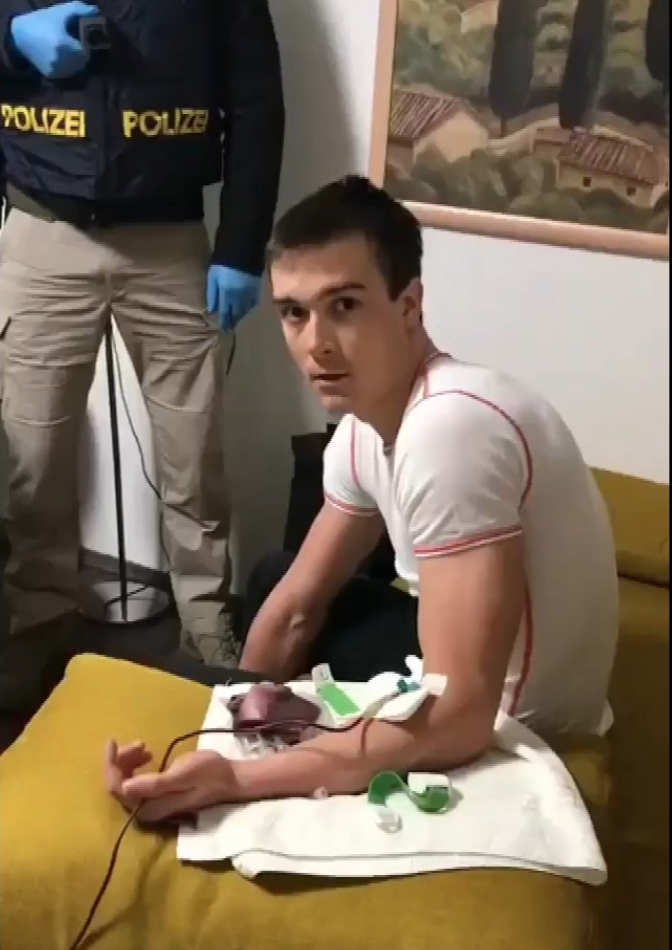With the recent arrest of several athletes who were caught doping at the Nordic World Championships in Seefeld, Austria, I have been thinking a lot about how sport has become very corrupt, and how it can be fixed. I hope others found this latest doping scandal as upsetting as I did, and also want to make a difference.
As a Canmore local, I am quite familiar with and inspired by the efforts of Beckie Scott and her push for clean sport. Beckie does great work, and her commitment to her values are very inspiring. This was demonstrated when she resigned from the World Anti-Doping Agency (WADA) Compliance Review Committee after they made a decision she did not agree with. Beckie remains the chair of WADA’s athlete committee. Making change at the top level is very important, because that is where most of the doping is occurring, and where things such as state sponsored doping programs occur. However, the top level is also the hardest place to make a change because the doping programs are already well established. Keep fighting the good fight and inspiring us all, Beckie!
Doping at Nordic World Championships, and Moving Forward

In the wake of last week’s doping scandal, I think it is important to use this upsetting moment to light the fire for change. At first, I was too upset to say or do anything, and was left feeling that sport is broken and I had lost faith. However, after reading American skier Jessie Diggins’ words on the matter (found here), I was reminded that this is a low point, but sport is not broken forever. If people who believe in clean sport work together, change can be made. Since reading Jessie’s words, I have had several engaging conversations about doping in sport, and all the philosophical questions that go along with it.
I have also since listened to a podcast episode in which one of the arrested skiers was interviewed, and while it was absolutely nauseating to listen to him outline his doping practices, I think it is an important part of the conversation to hear ‘the other side’ of the story. I highly recommend anyone who has any passion for clean sport to take a listen, and to share with others. Podcast is linked here. It can also be found on iTunes under the “Nordic Nation Podcast”, episode titled ‘Estonia’s Karel Tammjärv’. The podcast certainly left me with several questions, and thoughts…
Finally, the main reason I wrote this podcast – what role do we play in this? Well, as alluded to earlier, large national and international bodies such as WADA, CCESS, USADA, etc. are working to stop doping from the top down. Equally important, however, is a bottom up approach to promote prevention. Jessie asks this in her blog post, and I urge you to ask yourself (as a coach, parent, mentor, etc): what can we be doing to educate athletes at a younger age that doping is not ok? to promote a culture of clean sport? As terrible as these stories and photos like the one above are, can they be used as teachable moments to the kids we spend time with that ‘this is what doping looks like, and it’s not acceptable under any circumstance.’ I think it is crucial to teach these ideals to kids, and it doesn’t just apply to sport – the notion of fair play can be applied to school, work, and life. Let’s work together to educate kids on why doping is wrong.
Final thoughts

My final thought is on the retrospective awarding of medals years later after a doper has been caught. The example on the forefront of my mind right now is Alex Harvey, pictured above after a heart breaking 4th place finish at the 2018 Olympics. 4th place behind 2 athletes that any reasonable person would suspect are doping. It was also brought to my attention last week that another noteworthy 4th place finish of Alex’s at the 2013 World Championships was behind an athlete from Kazakstan who was part of the arrest last week. When Alex was asked about this, he said getting the medal now no longer mattered to him – it would end up in a sock drawer. It not longer mattered because the real moment had already been stolen from him, and he had already made piece with the fact that he has lost those moments. This breaks my heart. But a story like this is important to share, because this heartbreak should be used as an inspiration to push for clean sport. If we can prevent doping, we can prevent stolen moments.
Thanks for reading.